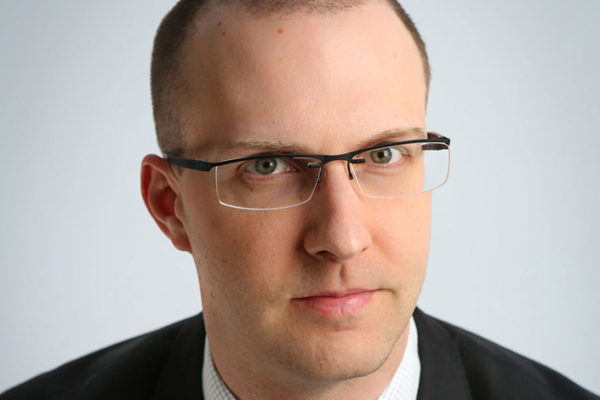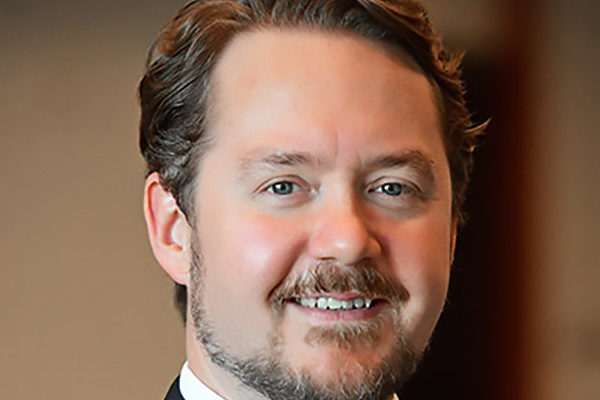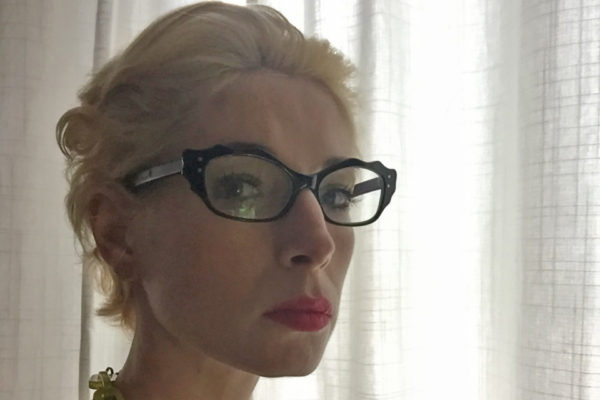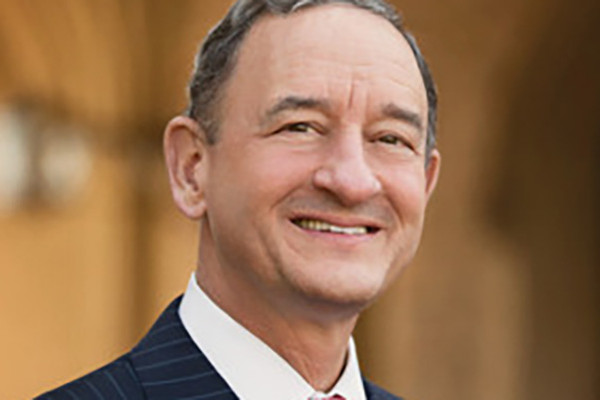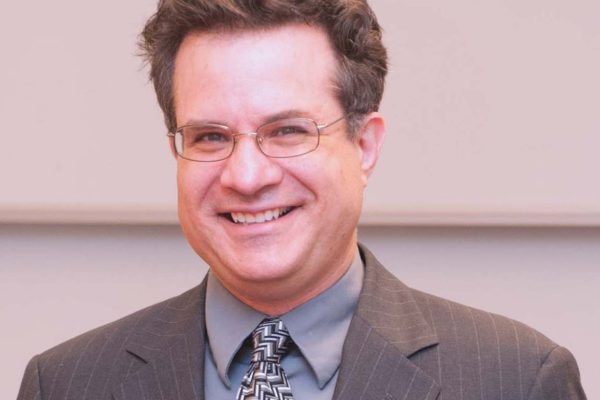Moving toward a pay-for-value model of prescription drug pricing
Prescription drug prices have skyrocketed and fixing the complex pricing models is complicated. That’s no excuse for not trying, says the School of Law’s Rachel Sachs.
WashU Expert: CHIP demise devastating to millions of American children
Congress has allowed the federal Children’s Health Insurance Program (CHIP) to expire as of Oct. 1, leading to the demise of one of the most successful government programs ever implemented, said Tim McBride, an expert on health economics at Washington University in St. Louis.
The Inner Sleeve: Art Ensemble of Chicago
Roscoe Mitchell began painting at a young age. By the early 1960s, he was an accomplished visual artist, as were two other Chicago musicians in his circle, fellow saxophonist Joseph Jarman and pianist Muhal Richard Abrams. Mitchell and Jarman studied painting with Abrams in between rehearsals of his Experimental Band, the ensemble from which the Association for the Advancement of Creative Musicians emerged.
School of Law to accept GRE
As part of continuing efforts to expand access and opportunities for students interested in pursuing a legal education, the School of Law will begin accepting the Graduate Record Examination (GRE) in addition to the Law School Admissions Test (LSAT).
Donald Trump’s lukewarm response to Puerto Rico was pretty predictable. Here’s why.
Many have criticized the Trump administration for responding slowly to Puerto Rico’s devastation from Hurricane Maria. Critics note that Trump has devoted more tweets to the NFL controversy than to Puerto Rico and its 3.4 million residents. What explains the Trump administration’s lukewarm reaction?
Mother! is a wild ride, but is it also strangely feminist?
Excess and bleak caprice mark Darren Aronofsky’s Mother!, a film that, for all its convolutions, is as glorious as it is gory. With critical responses inconsistent at best, the film has already been pegged “2017’s Most Hated Movie.” Be that as it may, it could also be the year’s most loved.
Change can be good
The greater St. Louis area is home to the highest concentration of plant scientists in the world. These creative, innovative scientists in companies, universities and research institutes are addressing one of the world’s greatest challenges: How do we provide the nutritious food needed to sustain a growing global population?
WashU Expert: NFL protests are free speech, but not protected by First Amendment
Though recent protests by NFL players during the national anthem are not protected by the First Amendment by law, they matter as free speech, said Greg Magarian, an expert on constitutional law at Washington University in St. Louis.
Free speech and political stagflation
First Amendment Law is distorting public debate. We need the Supreme Court to do better. Public political debate in the United States seems to have run off the rails. The gulf between Republicans and Democrats in political opinions, views of the other party, and even factual beliefs keeps growing. From a broader perspective, though, our problem isn’t too much chaos. It’s too much stability.
Supply chain disruptions from Harvey to increase transportation and logistics costs
When disasters occur, we are all emotionally affected. But much of the work of rebuilding, in cities large and small, will fall squarely on the shoulders of an often unrecognized party: the supply chain manager. In today’s tightly connected supply chain, a localized disaster — regardless of where it takes place — can have global implications. It is no exaggeration to say that, in the weeks and months to come, the whole world will feel their after-effects.
View More Stories


